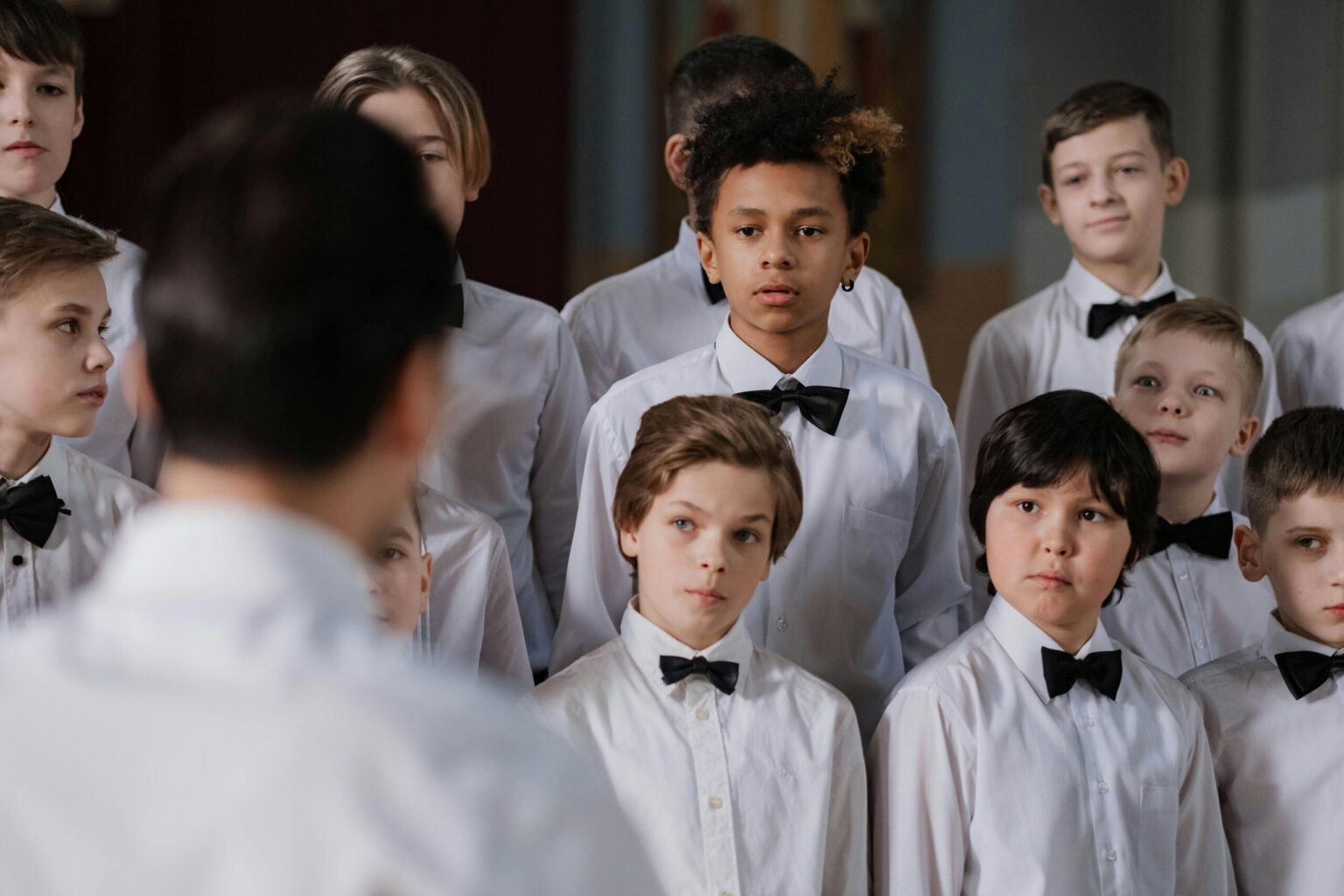Co-Curricular Activities (CCAs) play a pivotal role in students’ overall growth and development in Singapore. Performing arts CCAs, in particular, offer students a platform to showcase creativity and talent while honing teamwork, self-confidence, and discipline. This article provides an in-depth look at performing arts CCAs in Singapore’s primary and secondary schools, as well as tips for parents on how to help children prepare.
Part 1: Performing Arts CCAs in Singapore Primary Schools
1. Variety of Primary-Level Performing Arts CCAs
Singapore’s primary schools offer a wide range of performing arts CCAs designed to spark interest and establish foundational skills. Popular categories include:
- Choir
Focuses on vocal training and musical expression. - Dance
May feature traditional dance, modern dance, or ballet, emphasizing body coordination and artistic awareness. - Drama
Uses acting and role-play to build communication skills and creative thinking. - Orchestra/Band
Involves learning instruments (e.g., violin, flute, percussion) to develop musical proficiency.
2. Features of Primary School Performing Arts CCAs
- Introductory Focus: Emphasizes basic skill-building and cultivating interest.
- School-Supported Resources: Most schools provide trained instructors and equipment (instruments, costumes, etc.).
- Internal and External Performances: Students often perform in school recitals or joint performances with other schools.
3. Key Activities and Competitions
Beyond daily rehearsals, primary students in performing arts CCAs can participate in:
- Singapore Youth Festival (SYF) Arts Presentation
An annual event where students showcase their talents. - Community Performances
School choirs or dance teams may be invited to perform at community centers and local events.
Part 2: Performing Arts CCAs in Singapore Secondary Schools
1. Variety of Secondary-Level Performing Arts CCAs
Compared to primary offerings, secondary school performing arts CCAs are more specialized and include:
- Theatre Arts
Covers stage drama and improvisational theatre, enhancing acting prowess. - Band
Includes symphonic bands, wind ensembles, or percussion groups, highlighting advanced teamwork and technique. - Chinese Orchestra
Focuses on traditional Chinese instruments such as the erhu, guzheng, and dizi. - Modern Dance and Hip-Hop
Encourages creativity and dynamic self-expression. - Choir
Emphasizes vocal refinement; some schools offer opportunities to compete internationally.
2. Features of Secondary School Performing Arts CCAs
- Professional Training: Typically more rigorous, requiring greater time commitment.
- Higher Competition Levels: Students represent the school in regional or national competitions.
- Leadership Development: Older students may serve as section leaders or committee members to develop leadership skills.
3. Key Activities and Competitions
- SYF Arts Presentation
At this level, SYF standards and evaluations are more demanding. - National Music Competitions
Offer band or orchestra students the chance to shine. - International Opportunities
Some schools organize trips for global arts contests or performances.
Part 3: How to Prepare Children for Performing Arts CCAs
1. Cultivate Interest and Foundational Skills
- Explore Interests: Attend concerts, dance shows, or theatrical performances to help children discover their artistic passions.
- Join External Classes: Enroll in music, dance, or drama courses outside school to gain basic proficiency.
- Family Encouragement: Provide instruments or support at-home practice, creating informal performance opportunities for friends and family.
2. Improve Physical Fitness and Expression
- Physical Training: Especially important for dance CCAs, which require flexibility and stamina—activities like gymnastics or yoga can help.
- Language/Voice Work: For drama CCAs, clear speech and emotional expression are crucial. Practice reading scripts or reciting lines together at home.
3. Choose the Right School and CCA
- School Strengths: Different schools may excel in different areas, for example, a well-known orchestra versus a prominent dance program.
- Attend Open Houses: Speak with teachers and current members to understand each CCA’s actual offerings and environment.
4. Develop Time-Management Skills
- Create Schedules: Performing arts CCAs often require after-school rehearsals, so help children balance practice and academics.
- Emphasize Rest: Good sleep and nutrition are vital for maintaining energy and focus.
5. Encourage Performances and Competitions
- Build Confidence: Gradually introduce your child to performing in front of others, from family gatherings to formal school events.
- Instill Responsibility: Encourage them to take on key roles in competitions or showcases, fostering a sense of team duty.
Part 4: Benefits of Performing Arts CCAs
- Soft-Skill Development
- Self-Confidence: Performing before audiences strengthens confidence.
- Teamwork: Choirs, bands, and dance groups rely on tight coordination with others.
- Time Management: Balancing academics and rehearsals hones organization skills.
- Enriched Life Experiences
- Exposure to Multiple Cultures: Especially relevant in Singapore’s diverse cultural setting, students encounter various art forms.
- Competition Involvement: Prepares students to handle stress, refine skills, and learn resilience.
- Boost in School Admissions
- Talent Recognition: Outstanding participation or leadership in performing arts can help students when applying via Direct School Admission (DSA). Some schools prioritize those excelling in artistic fields.
Part 5: Frequently Asked Questions
- Can my child join a CCA with no prior arts experience?
Absolutely. Many school CCAs welcome beginners and provide training from scratch. - Does my child need daily practice?
It varies by CCA. Typically, there are 1–2 official sessions weekly. The frequency of extra practice increases around major performances or competitions. - Will performing arts CCAs affect academic studies?
With smart time management and good study habits, students can handle both. In fact, CCAs often improve concentration and organizational skills.
Conclusion
Performing arts CCAs in Singapore’s primary and secondary schools provide children a path to holistic growth—allowing them to pursue artistic interests while acquiring soft skills they will carry for life. Parents can help foster these opportunities by cultivating early passion, selecting a suitable school, and encouraging consistent practice. Whether aiming to excel in dance, music, or drama, these formative experiences can become a shining chapter in a child’s life journey.
